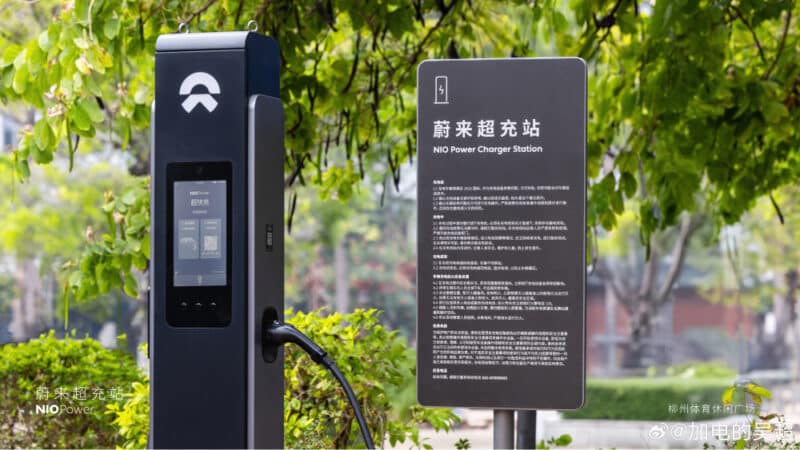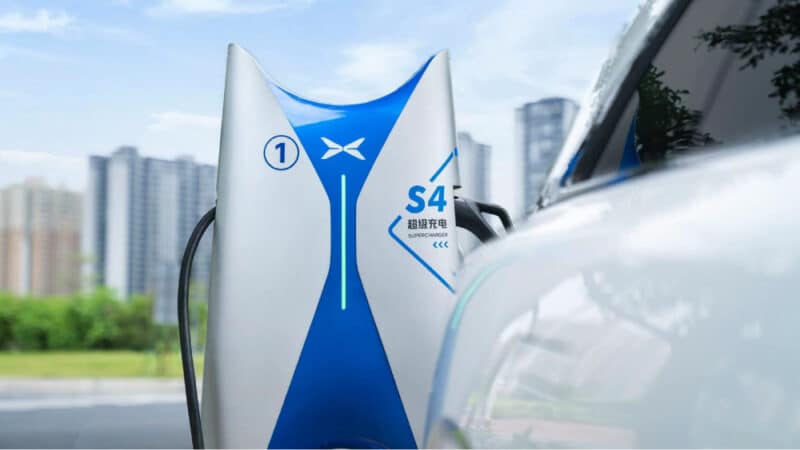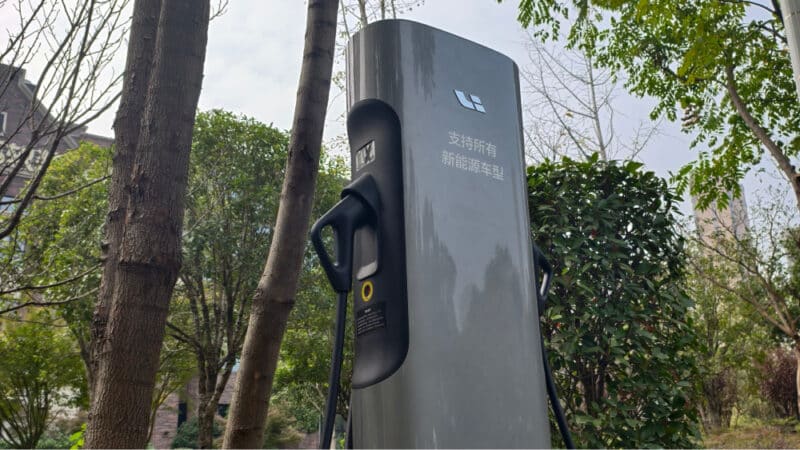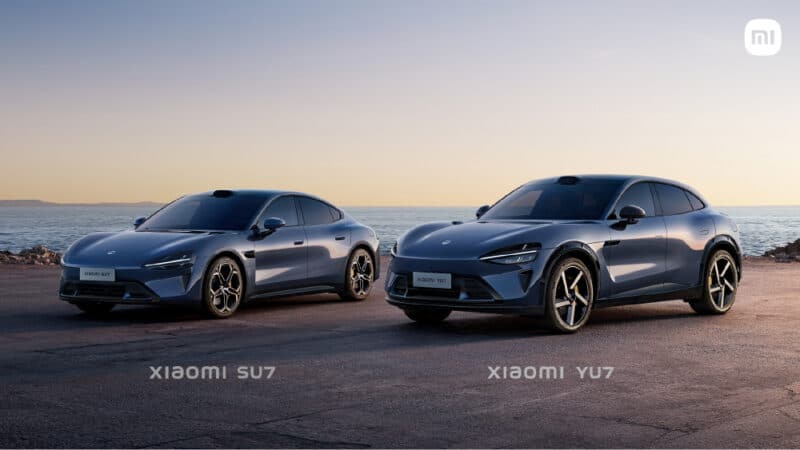Xiaomi joins the charging network of Nio, Xpeng, and Li Auto
Xiaomi plugs into the charging network of the three oldest Chinese NEV startups Nio, Xpeng, and Li Auto. As a result, Xiaomi EV’s charging infrastructure added over 36,500 charging piles. So, the lack of chargers isn’t a point of concern for Xiaomi owners anymore.
– Advertisement –
Xiaomi’s electric vehicle branch has shared online it entered into cooperation with Nio, Xpeng, and Li Auto on the charging network. Those three companies are among the oldest Chinese NEV makers. Local automotive enthusiasts often call this trio “Wei-Xiao-Li” (蔚小理) after their Chinese names. They are considered as leading NEV brands in the Middle Kingdom.

These companies continuously develop charging networks. Among them, Nio is the leader with 2,527 fast chargers and 11,657 piles. It also operates 1,671 destination charging stations with 13,007 charging piles. Previously, Chery, GAC, Avatr, Jiyue, HIMA, Hongqi, and M-Hero brands plugged into the Nio’s charging infrastructure.
– Advertisement –


Xpeng has 1,790 charging stations in China with 9,070 piles. And Li Auto offers 1,344 charging stations with 2,821 piles. It means Xiaomi EV added 36,555 piles in a day without actually building a single charger. We will remind you that Xiaomi didn’t announce any plan to build its own charging network. Instead, it decided to join hands with current leaders.
Xiaomi also partnered with several charging facility operators, including Sunnic, YKC, Towatt, and Xiaoju. So, it clearly aims to make charging more convenient for Xiaomi buyers.

Xiaomi currently sells a single model, which is the Xiaomi SU7 electric sedan. It started sales in March 2024. In nine months, Xiaomi sold over 113,000 EVs, according to China EV DataTracker. Its annual sales goal for 2024 is 130,000 units. The price range of the Xiaomi SU7 is 215,900 – 299,900 yuan (29,600 – 41,100 USD). However, Xiaomi loses around 38,000 yuan (5,250 USD) per car. In the summer of 2025, Xiaomi will launch the YU7 electric crossover.

